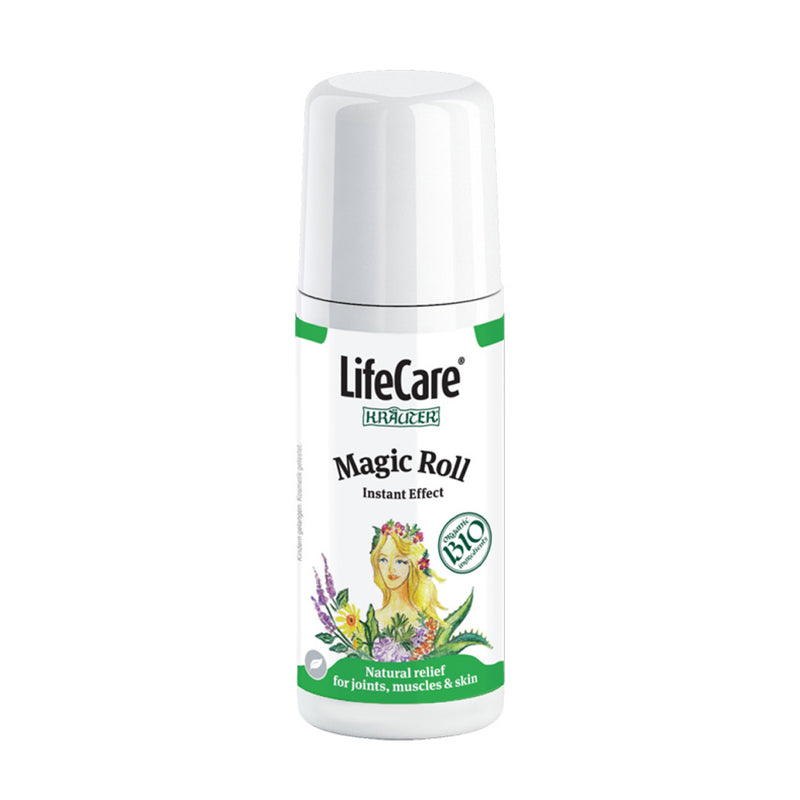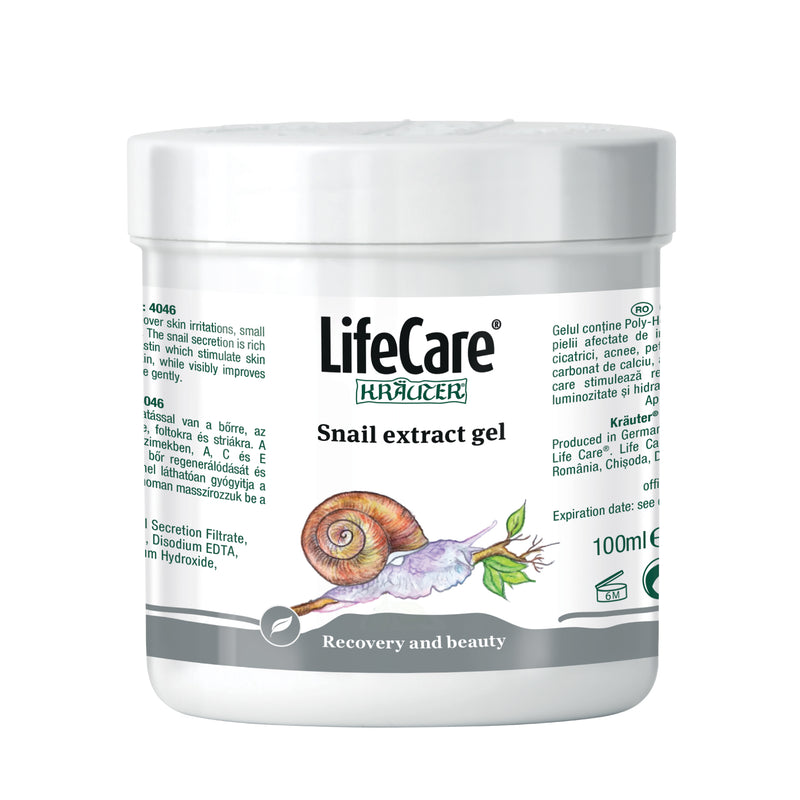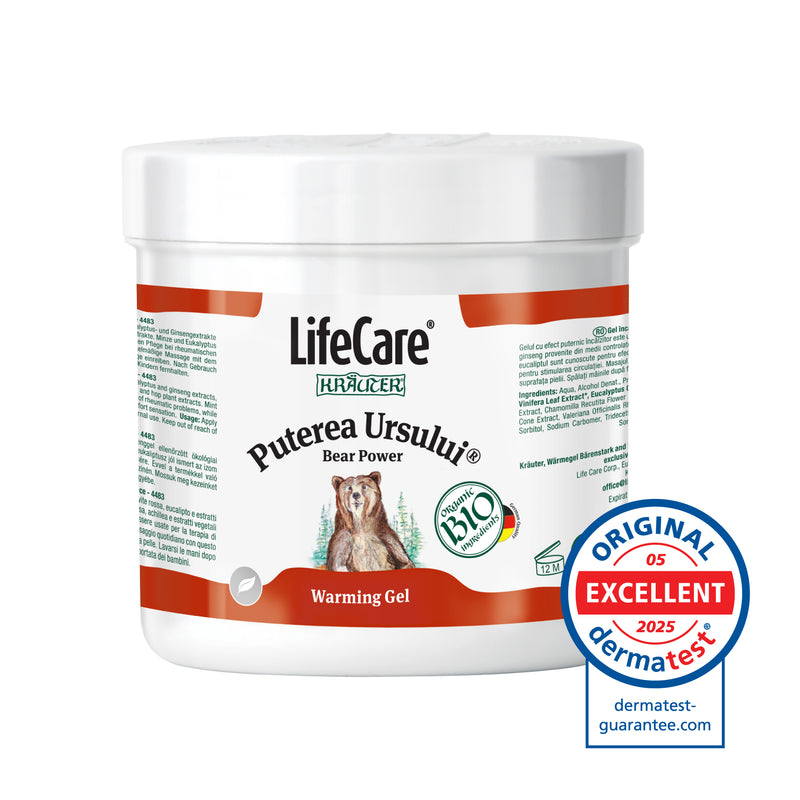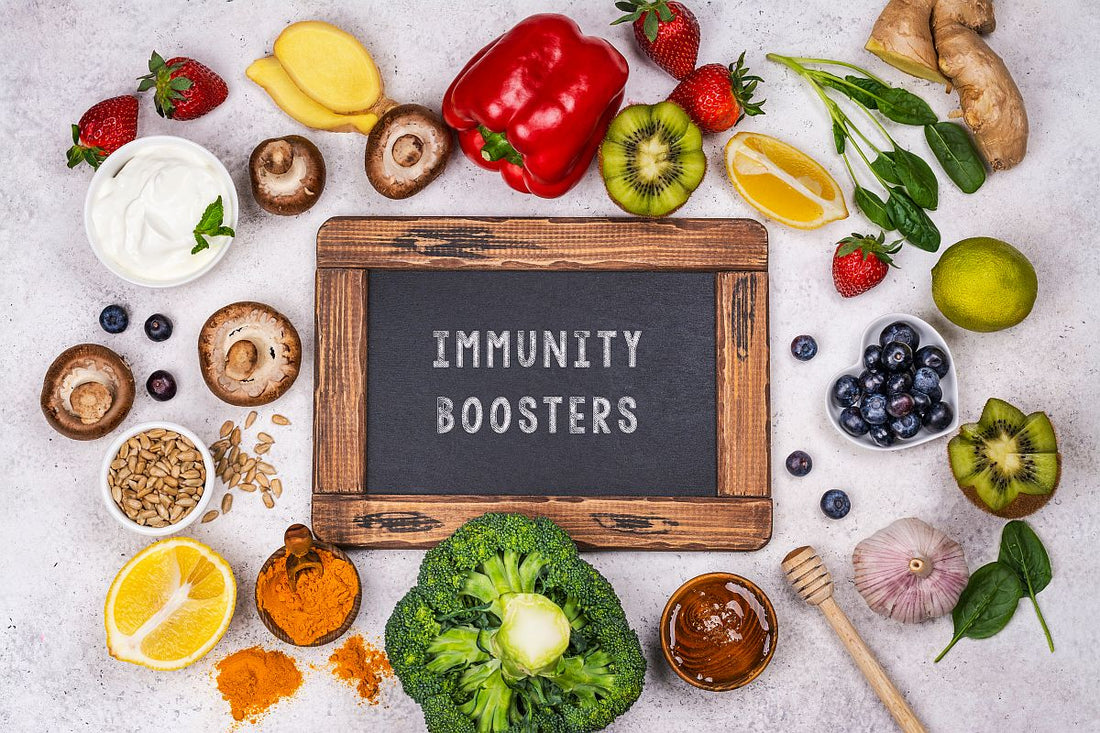A strong immune system is the key to general health and the resistance of the body against pathogens. However, there are times when it can be weakened, making us more vulnerable to infections (most often viral).
Low immunity can be associated with: flu and cold, urinary tract infections and beyond. Usually, a longer recovery period is required after a condition than if immunity is increased.
It is also recommended to administer vitamins and minerals and supplements to increase immunity when the immune system does not work optimally.
What does the article contain?
In this article, we will explore the symptoms of a low immune system and provide natural solutions for strengthening the immune system, as follows:
1. What is the immune system. Types of immunity (innate and acquired)
2. Factors that influence the immune system (unbalanced diet, stress, inappropriate antiobiotics, genetic factors, certain pre -existing conditions such as autoimmune diseases or diabetes, environmental factors, age, lifestyle - smoking or excess alcohol)
3. Symptoms of low immunity (frequent infections, cumbersome healing, chronic fatigue, weakness, digestive problems, increased allergic reactions)
4. Natural remedies for strengthening the immune system (balanced diet, adequate rest, regular exercise, natural dietary supplements, stress reduction)
5. Conclusions
1. What is the immune system. Types of immunity.
The immune system is a complex network of cells, tissues and organs that work synergistically to protect the body from bacteria, viruses, fungi or parasites, as well as cancer cells and other pathogens. The main function of the immune system is to recognize and destroy these "threats", the ultimate goal being to protect and maintain the health of the body.
The functioning scheme of the immune system:
- recognition of pathogens: the immune system has the ability to recognize the different types of pathogens who can enter the body and identify them as foreign and potentially harmful.
- the immune response: Once a pathogen is recognized, the immune system triggers an immune response, which involves mobilizing different cells and immune molecules to neutralize and destroy it.
- immune cells: the immune system consists of a variety of immune cells, including lymphocytes (T lymphocytes and B lymphocytes), macrophages, neutrophils and natural Killer (NK) cells, which work together to attack and destroy pathogenic agents.
- the organs with an important role in the immune system are: the thymus (which produces T cells), bone marrow (produces white blood cells), lymph nodes (filter lymph), spleen (filter blood, produces white cells), tonsils (detects viruses penetrated in the body and "alerts" the immune system), appendix), appendix digestive), the Balt system (or mucous immune system, which protects the bronchi from external pathogens) and skin.
Types of immunity:
There are several types of immunity, which work synergistically to protect the body.
The main types of immunity include:
- naturally acquired immunity (innate or adaptive
Naturally acquired immunity is essential for the body's protection against external threats and can be divided into two main categories: innate and adaptive.
The innate immunity is the one we are born with and offers a first line of defense against pathogens. However, it does not adapt or offers long -term protection.
In contrast, adaptive immunity is the one we acquire over time, following exposure to various pathogens. Our body is programmed to recognize and fight these agents, creating specific antibodies. This process involves memorizing the pathogens, so that, in the case of a re -infection, the body can react quickly and efficiently. Adaptive immunity is essential for long -term health.
- Artificially acquired immunity (vaccination)
Artificially acquired immunity involves intended human interventions to create disease protection. Vaccination is one of the most common methods of artificial immunization. Through the vaccine, the body is exposed to an attenuated or inactive form of the pathogen, thus stimulating the production of antibodies and forming a cell memory. Thus, in the case of a subsequent infection, the body is ready to respond quickly and effectively.
Both naturally acquired immunity and artificially acquired plays vital roles in the protection of the body against diseases and infections, contributing to maintaining long -term health and welfare.
2. Factors that influence the immune system.
Factors that influence the immune system are varied and can have a significant impact on the body's ability to defend themselves against infections. Here are these:
-unbalanced diet: a poor diet in nutrients, such as proteins, healthy fats, vitamins, minerals and antioxidants, can lead to nutritional deficits. The correct immune function requires an adequate intake of nutrients. An unbalanced diet can weaken the body and can make it more susceptible to infections. Avoid unhealthy fats, fries, carbonated juices, sugar, semi -prepared foods. Consume seasonal fruits, vegetables and vegetables, drink enough water every day, enjoy regular meals and balanced portions.
- Stress: it can cause hormonal imbalances that reduce the effectiveness of the immune system and make it more vulnerable to infections. Insufficient rest can intensify the effects of stress on the body. Stress can trigger chronic inflammatory processes, being associated with neurodegenerative or cardiovascular disorders.
- Inadequate antibiotics: excessive or inadequate use of antibiotics can disrupt the balance of intestinal microbiome, which plays an essential role in the functioning of the immune system. It is necessary that when you administer antibiotics, take care of the intestinal flora and consume prebiotics and probiotics during treatment and after (at least 10 days).
- Genetic factors: certain diseases of the immune system can be genetically transmitted. Genetic factors can influence susceptibility to various immune conditions and cause different reactions to the immune system to pathogenic agents. This can be discovered by blood laboratory analyzes.
- Pre -existing conditions: diabetes or autoimmune diseases, such as lupus or rheumatoid arthritis, can affect the function of the immune system.
- Environmental factors: toxic chemicals, air and water pollutants, pesticides and other chemicals in the environment can make the immune system more susceptible to infections. Also, excess food additives and antibiotics in food can negatively influence the body's immunity. A role play and age, lifestyle (insufficient rest, excessive alcohol consumption, smoking).
Maintaining a healthy lifestyle, stress management and avoiding exposure to harmful substances can help maintain a strong and functional immune system.
3. Symptoms of low immunity
A weakened immune system can be the cause of many health problems. Here are some common signs and symptoms that may indicate a low immune system:
- Frequent infections: one of the most obvious signs of low immunity is the increased tendency to suffer from infections or other conditions. People with low immunity can have more colds, influenza or other viral and bacterial infections than those with a healthy immune system. These infections can be recurrent or severe and may require a longer time to heal.
- Healing heavy healing: the body's ability to cure wounds and lesions can be affected in the case of low immunity. This happens because the immune system is responsible for the healing process. And if it is weak, as in the case of low immunity, healing is done slower than usual.
- Chronic fatigue: the sensation of persistent fatigue and exhaustion can be signs of low immunity. The body can be overloaded in an attempt to fight against recurrent infections or other pathogens, which can lead to a constant sensation of lack of energy.
- General weakness: people with low immunity can experience a general body weakness, without an apparent cause. This can be a feeling of exhaustion or muscle weakness, which can affect the ability to finally carry daily activities.
- Digestive problems: the immune system plays a crucial role in maintaining the health of the digestive tract. People with low immunity may encounter digestive problems, such as nausea, diarrhea or constipation.
- Increased allergic reactions: another sign of low immunity is the increase of allergic reactions or sensibilities to common substances in the environment. People with low immunity can be more prone to allergic reactions to pollen, dust, mold or other allergens (seasonal or not).
Symptoms of low immunity can affect the quality of life and may indicate the need for a medical evaluation. It is important to consult a specialist if you experience any of these symptoms. It is necessary to identify and then treat the cause of low immunity.
4. Natural remedies for strengthening the immune system
There are several natural ways to strengthen the immune system and keep it healthy. Here are some tips that can help:
- balanced diet: a diet high in fruits, vegetables, weak proteins and healthy fats can support the immune system. Fruits and vegetables are rich in antioxidants and nutrients that can strengthen the immune system and protect the body against diseases.
- adequate rest: sufficient sleep and adequate rest are essential for the restoration and strengthening of the immune system. Try to sleep at least 7-8 hours a night and give yourself time to relax and "recharge the batteries".
- Regular physical exercises: physical activity stimulates the immune system and can help reduce stress. Regular exercises can improve blood circulation and increase energy levels, contributing to maintaining a healthy immune system.
- nutritional supplements: some nutritional supplements can help strengthen the immune system. Vitamin C, vitamin D, zinc and echinacea are just a few examples of supplements that have been associated with supporting the immune system.
But it is important to know how to administer supplements for immunity, during what time of day they are more effective, how they interact with other supplements or medicines.
- Stress reduction: Chronic stress can suppress the immune system and make the body more vulnerable to infections. Stress reduction practices, such as meditation, yoga or deep breathing, can have a positive impact on the immune system.
Conclusion and product recommendations
The best supplements for immunity differ from person to person, depending on age, sex, medical history but also the current health.
The strengthening of the immune system is essential for maintaining our general health and resistance to certain conditions.
Recognizing the signs and symptoms of a low immune system and adopting a healthy lifestyle, based on balanced diet, physical exercises and stress management, can help support the immune system naturally.
We advise you to introduce natural adjuvants in the diet, with an effect of stimulating immunity. Our products, which you find under your own brand Life which are carefully designed and care for you and nature. We are the first 100% Romanian Bio company, with an experience in the field since 2005.
In addition to the quality national and international certifications that we have acquired, we put in each product something new: the passion for a healthy lifestyle. With over 300 products in the portfolio, natural, with bio or vegan and cruelty-free ingredients, we are sure you will find everything you need. Over 5 million customers have been satisfied with Life products, which, the proof being our expansion in over 27 countries in Europe.
So, if you face a low immunity, we recommend:
- for a balanced diet: to insert in the diet eco juice of aloe vera, natural juice of Goji or Noni, seaweed - Moringa, Chlorella, Spirulina (contain a lot of vitamins, minerals and antioxidants that strengthen your immune system and give you a welcome energy)
- For regular physical exercises: our adjuvants to support an active lifestyle consist of magnesium, potassium, potassium supplements, vitamins in range b, collagen (liquid or capsules), MSM
- nutritional supplements: When you face flu and cold, we recommend our vitamin C supplements, Vitamin D., zinc, quinaceea. In order to strengthen immunity, bee products such as milk or propolis are indicated. Reishi fungus is an ally of hope of immunity. Also, the wild oregano oil, colostrum or white willow bark.
- To reduce stress and adequate rest: adaptogenic plants such as Rhodiola Rosea, Schizandra, Noni or Valerian helps you fight the negative effects of stress and get a quiet and qualitative sleep.
Article written by Andreea Corneanu, specialist marketing, Life who





